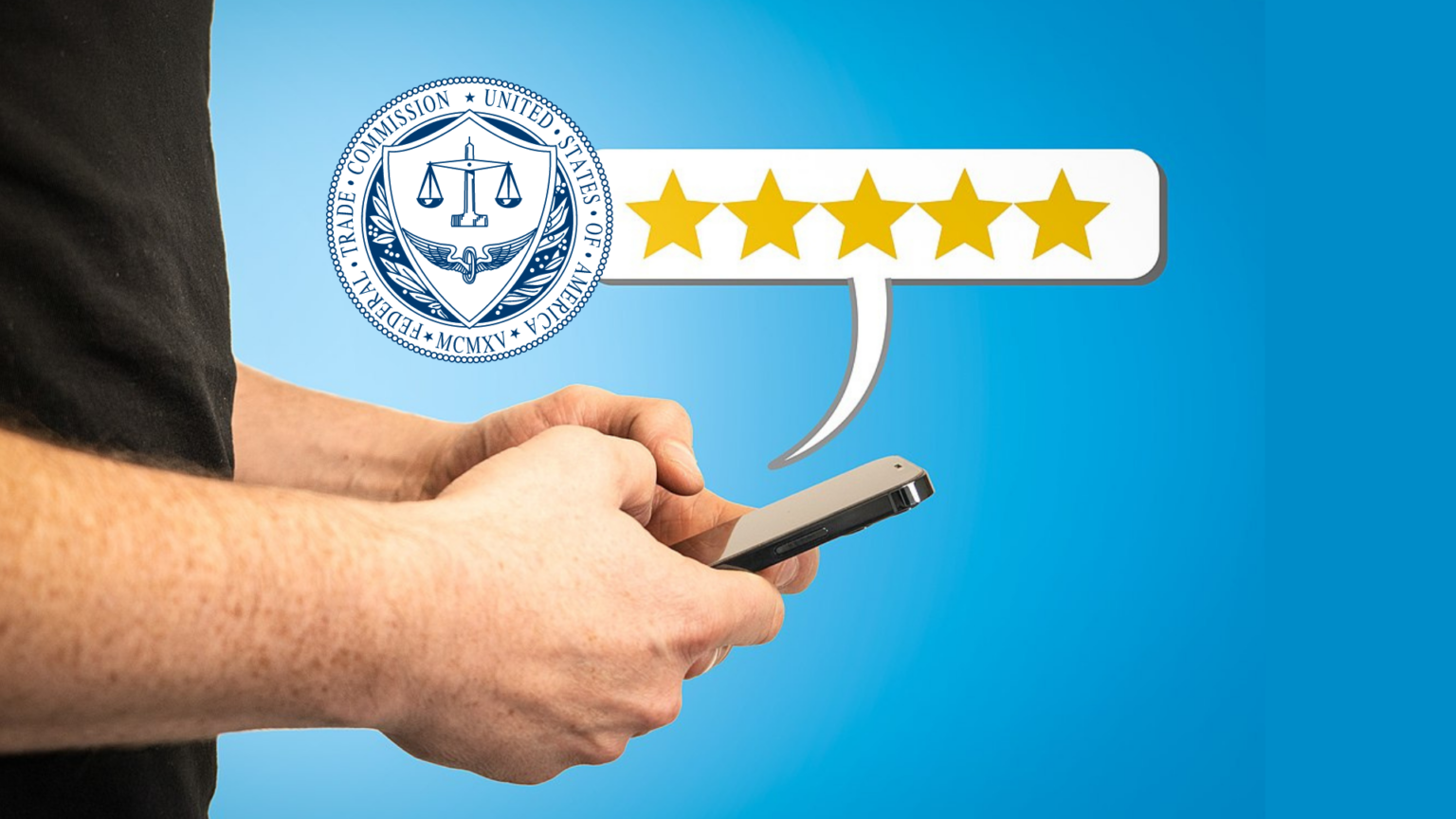The FTC is targeting fake reviews and testimonials with new rules that carry fines of up to $50,000 per violation. The rules ban buying and selling of fake reviews to bolster or dampen a company or product’s reputation using “social proof” — including buying followers and engagement on social media.
“Fake reviews not only waste people’s time and money, but also pollute the marketplace and divert business away from honest competitors.”
FTC Chair Lina M. Khan
The new rules forbid businesses to buy or sell reviews, generate fake or false consumer reviews, insider reviews, testimonials, or celebrity testimonials, or misrepresent a company-owned review website as independent.
Businesses also cannot suppress negative reviews by threatening legal action, issuing physical threats, spreading false information. The new rules prohibit inflating social media interest indicators such as engagement or followers from bots or hacked accounts.
The consequences can be severe: Each violation can carry a $51,744 fine.
Spotting Fake Reviews
Consumer Reports and Fakespot list ways to detect whether reviews may be fake.
Some things they mention as potential indictors:
- Numerous reviews posted in a few days
- Similar phrasing in reviews
- Lack of Verified Purchase badges on Amazon and other vendor sites
- Scrutiny of the reviewers’ review history
Still, while helpful, these indicators are not a foolproof method for consumers to evaluate the authenticity of a review.
Negative Fake Reviews
Sometimes, companies also pay to have a competitor spammed with negative reviews.
A Reddit post alleges that a competitor may have targeted a dental implant provider in Croatia. The owner says ten negative reviews were posted in seven hours. Three other negative reviews had been posted three weeks earlier.
He noticed that the negative reviews used nearly identical wording and many of the posters may have been located in Greece, making it unlikely that they would have visited a dental implant provider in Croatia.
He says he has sixty likely legitimate reviews that took him years to build up. When the user tried reporting them to Google, he did not get a response.
Commenters point out that other business owners, such as the owner of a small housekeeping company, also had issues with spamming of disparaging reviews. Some of them contained false information about their companies.
A Widespread Problem
Fakespot estimates that 42% of Amazon reviews are fake or fraudulent.
A 2016 study on fraudulent reviews in the hospitality industry analyzed 2.3 million reviews of 4,709 hotels in 17 cities. They found that as few as 50 fake reviews could significantly impact a business’s visibility compared to its competitors. They also found that the comparative effectiveness of positive fake reviews for a business and negative fake reviews of its competitors could depend on variables such as the city that the hotel in question was located in.
The rise of A.I. and bot technology makes writing and posting fake reviews in volume easier in recent years.
Combating Fake Reviews
The FTC’s rules target businesses that buy or sell fake reviews or bot services that inflate engagement and percieved presence on social media.
Review sites such as TripAdvisor, Yelp!, Google, and Amazon are not expressly liable for ensuring reviews are authentic as a third-party host.
Still, they have stake in ensuring customers find what they are looking for on their sites, including genuine passed experiences.
Amazon has taken a proactive stance in combatting fake reviews. Amazon’s countermeasures include disabling accounts’ ability to review products and hiding reviews if they display patterns indicating that they are inauthentic.
Amazon says it took down 250 million fake reviews in 2023.
Additionally, Amazon also partnered with the Better Business Bureau in a joint lawsuit against a paid review broker named ReviewServiceUSA.com. Like Amazon, the Better Business Bureau also has a strict policy forbidding fraudulent reviews.
New Rules Effective October 15
The new FTC regulations are the culmination of a years’-long effort. Development of the new regulations included an advance notice of proposed rule-making issued in November 2022 and a notice of proposed rule-making issued in June 2023.
The FTC also opened a required public comment period and adjusted the rules for greater clarity based on its received comments.
Among the commenters: Shark Tank investor and billionaire Mark Cuban. Cuban commented that he had “received more than 100 emails from consumers who have been induced to purchase fake products through the mis-use of . . . [his] image and the images of other Shark Tank ‘sharks.’”
The new rules were published to the Federal Register on August 14, and will take effect on October 15.


